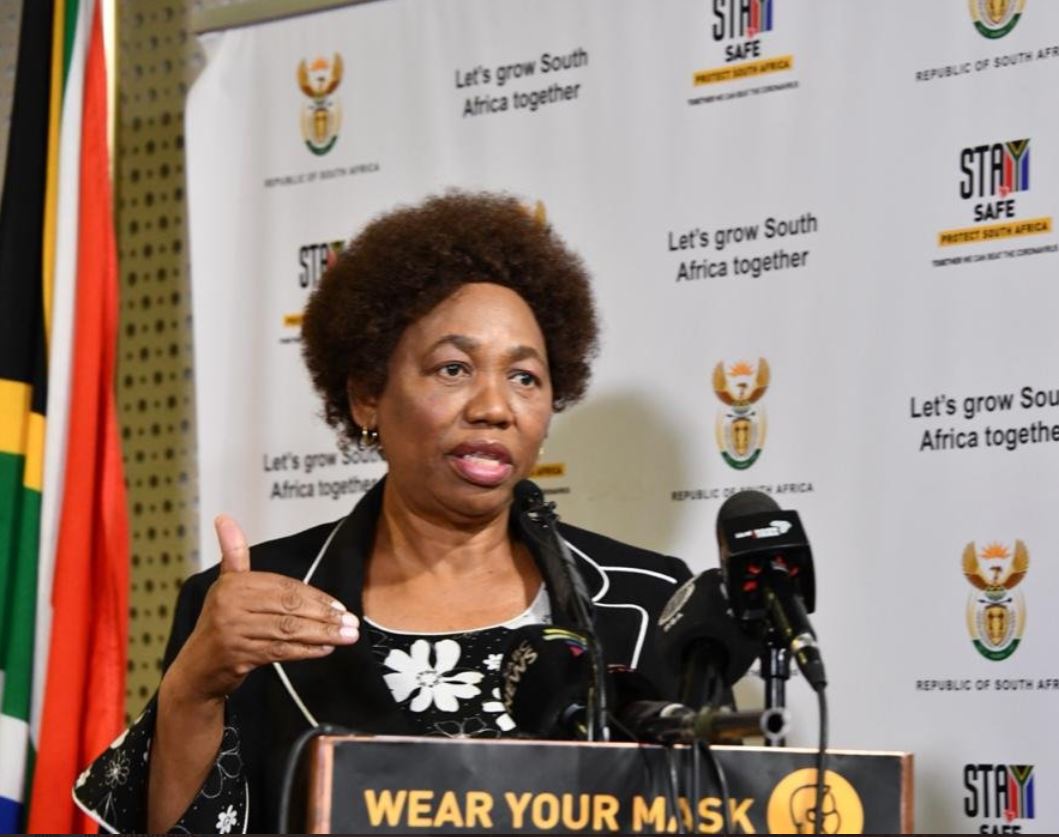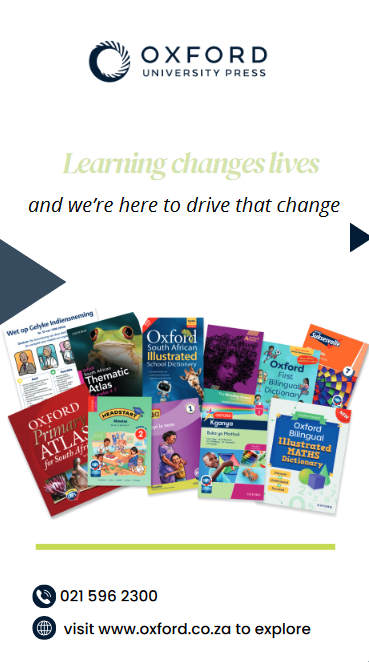NYAKALLO TEFU|
Minister of Basic Education Angie Motshekga told parliament on Thursday that her department has prioritised the strategic implementation of a curriculum that will include fourth industrial revolution (4IR) material in all public schools.
The new curriculum will include skills material on Coding and Robotics for Grades R-3 and 7. Motshekga said the curriculum will also include a new level subject, Marine Sciences.
Motshekga was addressing the National Assembly where she presented her department’s 2021/22 budget vote.
The minister told the assembly that adjustments that were effected to the 2020 MTEF budget allocations, which changed the baseline allocations for the ensuing three to five year period, have a direct bearing on the 2021/22 budget allocation she was presenting.
“Firstly, the overall 2021/22 MTEF budget allocation R27 billion, an increase of 15.5% from the 2020/21 revised overall baseline budget allocation. Secondly, the overall allocation for Condition Grants is R20.7 billion, an increase of 20.2% from last year’s revised baseline,” said Motshekga.
Motshekga added R16.2 million was allocated as the general budget support for the department’s systematic improvement of language and numeracy in foundation phase as well as another R19.9 million allocated for technology for Grade 7-9.
“These new allocations will go a long way to ensuring the roll-out of these two strategic programmes,” she said.
Other allocations include R3.7 billion allocation for earmarked funding and transfer payments of R1.6 billion.
The Minister said a state-of-the-art digital platform had been developed for training of teachers for Coding and Robotics.
“Orientation materials, lesson plans and coding programmes, have been uploaded onto this digital platform,” said Motshekga.
Coding is essentially written instructions that a robot or computer program can read and then execute.
Robotics allows students to see their thinking in a real way as they go through trial and error until the task is accomplished and the robot’s motions are performed as originally intended.
She said the draft Curriculum Assessment Policy Statement (CAPS) documents for Grades R-9 for Coding and Robotics has been submitted to Umalusi for appraisal and quality assurance.
“Preparation for training of officials, the appointment of service providers by ETDP-SETA has been concluded, and Service Level Agreements have been signed,” said the minister.
In March, DBE gazetted the draft Coding and Robotics curriculum for public comments. Motshekga said the Sasol Foundation funded the orientation of the Coding and Robotics National Training team held the same month.
In response to the announcement of Coding and Robotics, the Democratic Alliance’s Shadow Minister of Basic Education Baxolile Nodada said the party welcomes this announcement by the Minister.
“The DA has been calling for a lot of advancement in basic education, we are pleased that the principle of taking innovation forward is going ahead in basic education,” said Nodada.
Nodada said the party’s only concern is that the minister only prioritised 18 schools which means other learners will not get this opportunity.
“This means only 2 schools per province can be piloted for this particular curriculum on Coding and Robotics,” said Nodada.
The Minister also announced the introduction of a new Further Education and Training (FET) -level subject, Marine Sciences.
“This is a very welcome addition to the bouquet of subjects we already offer; and it is particularly relevant to our National Development Programme (NDP) goals, since the Ocean Economy contributes over $6 billion toward our country’s Gross Domestic Product,” added Motshekga.
This year, the first cohort of 13 grade 12 learners from South Peninsula High School, will be writing Marine Sciences as part of their 2021 National Senior Certificate (NSC) examination.
“Since the 2019 pilot, we are happy to report that the intake in Marine Sciences has since increased to more than three hundred (300) Grades 10 and 11 learners,” said Motshekga. Motshekga said South Africa can be proud that the offering of Marine Sciences is a world first as other countries only provide for Marine Biology and Oceanography to tertiary level students.











Pjidfhisofkcwspfjowfkpwlfpjwofk rwkfpwkgowjkfwjgoowfkpwg
Nifhfeidfjwofjowhfie jfjeofwofjwoefjwoj irwojdwohfiewjfowfie
Mcniscswhfuhicfj ijfwokfdwhfiwjbskgk gnrejgbskesghegnr gkejgejgj
Ojffsfjhnwsfjebgejfwjfiehi jiffniehfshiufhaeifnjskgehiwuw fjefje
Ojbcjdhswv bjwksbdhwjsvdhfwjb jbfjksafbejfbejfbejbcsufuj
Gjsbjfcwhdnwdwhnfw hiwshfjabhfewbfjekb fuabfiuebfbcdsjfbewiufbeh
https://oituryufhcnjdjqajdsfsjk.com
KdwyeuuiwiosIBHBCFDHKFJJ FJKBJKWFJFBHEAKNDSJAKFGBSHFAWJDJESBG